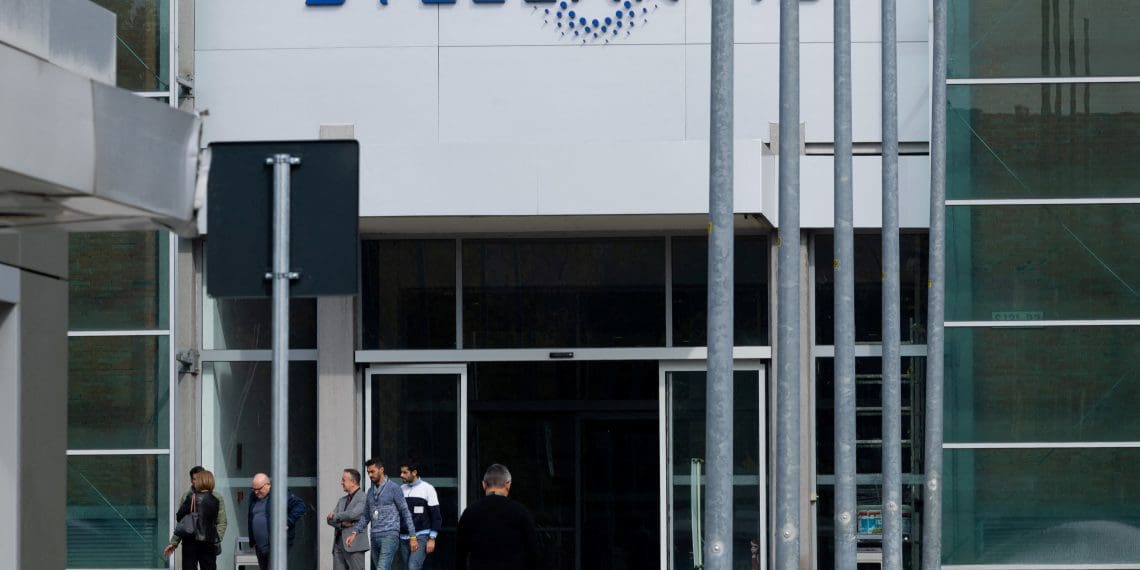Stellantis is set to prolong the shutdown of its Mirafiori production plant in Turin, Italy, until January 20, according to Gianni Mannori, head of the FIOM-Cgil trade union at the site. The move follows an earlier announcement halting operations until January 5 due to ongoing weak demand for electric and luxury vehicles.
“A Year Marked by Production Challenges”
The Mirafiori facility, a cornerstone of Fiat’s historic home in Turin, has faced repeated stoppages throughout 2024. Low demand for the electric Fiat 500 city car, as well as Maserati’s luxury sports models produced at the plant, has driven the shutdowns.
Stellantis cited “continuing uncertainty in sales” for electric vehicles in Europe and luxury cars in key markets like China and the U.S. as the reason for the extended pause.
“Union Reacts to the Latest Announcement”
While the company has yet to officially confirm the additional two-week extension, the decision has been shared with union representatives. FIOM-Cgil’s Mannori commented, “This prolonged suspension underscores the serious challenges in demand for the vehicles produced here.”
“Shifting Consumer Trends Impacting Stellantis”
The announcement reflects broader challenges in the global automotive market:
- Electric Vehicles: Slower-than-anticipated adoption of EVs in Europe has impacted sales of the Fiat 500 electric city car, a flagship model for Stellantis’ sustainability push.
- Luxury Market Weakness: Maserati’s performance has suffered amid declining luxury car sales in China and the U.S., two critical markets for the brand.
- Economic Uncertainty: Consumer hesitancy and tightening budgets across Europe and other key regions have contributed to subdued demand.
“A Broader Implication for Stellantis”
The extended shutdown highlights deeper concerns for Stellantis as it navigates an evolving market:
- Pressure to Adapt: Stellantis must address the gap between production capabilities and market demand, particularly in electric vehicles.
- Economic Ripple Effects: The prolonged closure affects not only Stellantis employees but also suppliers and regional economic stability in Turin, a city historically tied to Fiat and automotive manufacturing.
“The Road Ahead”
With the global auto industry in flux, Stellantis faces mounting pressure to realign production and strategy. The company’s ability to adapt to shifting consumer preferences, particularly in the EV and luxury sectors, will be critical to its future success.
As the Mirafiori shutdown extends, all eyes are on Stellantis for signals of a broader recovery plan to stabilize production and address demand challenges in its key markets.










